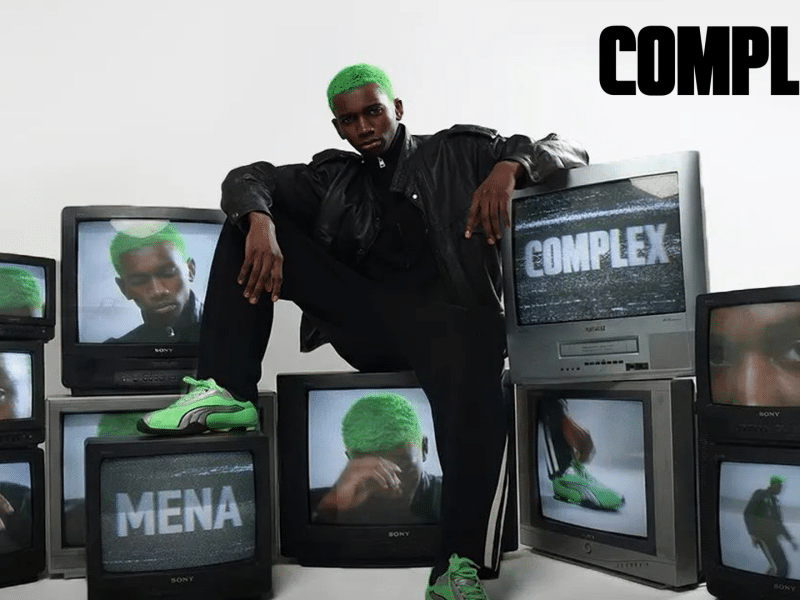Millennials and Generation Z are forces to be reckoned with.
Very soon, these two demographics will dominate consumer shopping in a significantly larger way than the previous generations.
In order for brands and influencers to advertise to these customers most effectively, it’s important to know how to differentiate between the two (very different) demographics.
Here’s how to tell Millennials and Gen-Zers apart from one and other.
Gen-Zers vs. Millennials: Who’s Who?
It’s a common mistake to use the two terms interchangeably or mistakenly confuse a Gen Z-er for a Millennial, but here’s how it really is.
If you were born from 1981 to 1995 you are a Millennial; this means you spent most of your childhood bringing in the new millennium.
And if you born from 1996 to 2006, you are classified as being part of Generation Z. Most of your early memories are after around the mid-late Noughties.
The confusion of the two is somewhat understandable as there is a notable shift in these two most recent age groups from their parents’ generations, such as the Baby Boomers and Generation X.
Both Millennial and Gen Z-ers are far more well-versed in the digital world than their predecessors. This includes conducting business online, social activity, leisure time and more.
These two groups are also on the whole better educated as a higher proportion of each continue after school to higher education, primarily onto university. This can be seen from Snapchat’s report on the economic importance of Millennials.
But take care not to mistake one for the others because they have quite a few key differences that are important to note…
Influenced By…
The two age groups are both certainly much more influenced by online personalities than their parents would have been, but when you take a closer look they differ in a lot of ways.
67% of Gen Zers prefer real personalities, such as influencers, to recommend products to them, whereas Millennials are just fine with celebrity sponsorship.
Also, Generation Z is more swayed by advertisements and 73% said they would make a purchase based on a social media post recommendation.
Millennials are somewhat less susceptible to ads but 58% have reported they are influenced by comments on social media, be this on their own posts or on those of influencers.
Views on Money
Millennials and Gen Z could have not more polarised stances on money.
As Insider explains, while the former grew up in times of economic prosperity and are more likely to splash their cash, the latter grew up during the 2008 recession and learned frugality fast.
Additionally, Millennials are more willing to invest their money in an experience, perhaps such as travel, than Generation Z who would prefer to pay for a quality product, as Vision Critical reports.
How They Shop
Millennials were probably the pioneers of online shopping and that is how they prefer to shop, whether this means delivery directly to their home, or buying online and picking it up from the store.
Gen Z-ers however prefer real life shopping where they can see the products first-hand and enjoy the experience of shopping, as Mass Live Media shows.
Insider also shows that barely any of Generation Z have brand loyalty and look for product quality whereas Millennials love their brands and logos.
Values and Passions
Part of the reason Generation Z may not be as brand loyal is because they have more individualised taste than Millennials.
They are more aware of global cultures and interests thanks to social media and this has resulted in a diversification of preferences.
While Millennials typify networking and expanding your social reach, Generation Z prefers to focus on fewer relations that matter more to them.
To find out more, check out our article here on how both groups approach friendship.
However both of these generations are more passionate than their predecessors about social justice, the environment and preventing climate change, as a Snap report shows.
If a brand demonstrated eco-friendliness, support for social justice or similar incentives, these two age groups would be highly likely to back it.
What are your thoughts? Let us know in the comments below.




